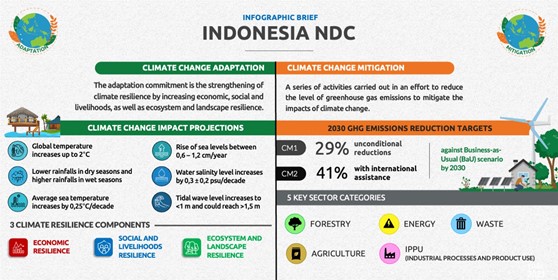Supply Chain Management
Building Economic Resilience: Strategies for Adaptation

Building Economic Resilience: Strategies for Adaptation
The global economic landscape is continually evolving, shaped by various challenges and disruptions. In this exploration, we delve into the concept of economic resilience and unveil strategies that businesses and economies can employ to adapt and thrive in an ever-changing environment.
Understanding Economic Resilience
Economic resilience is the capacity of a system to absorb shocks, adapt to changing circumstances, and maintain functionality. It goes beyond mere survival; it involves bouncing back from setbacks and evolving stronger in the face of challenges. Understanding the fundamentals of economic resilience is crucial for businesses and policymakers alike.
Diversification of Revenue Streams
One key strategy for economic resilience is the diversification of revenue streams. Overreliance on a single source of income can make businesses vulnerable to economic downturns or industry-specific challenges. Diversifying revenue streams involves expanding product lines, entering new markets, or exploring innovative business models to create a more robust and adaptable financial structure.
Investment in Technology and Innovation
Technological advancements are catalysts for economic resilience. Investing in technology not only enhances operational efficiency but also positions businesses to adapt to changing market demands. Embracing innovation allows companies to stay ahead of the curve, offering products and services that align with evolving consumer preferences and market trends.
Adaptable Supply Chain Management
The COVID-19 pandemic highlighted the importance of supply chain resilience. Businesses that adapt their supply chain management strategies to be more flexible and responsive can better navigate disruptions. This may involve diversifying suppliers, embracing digital technologies for real-time tracking, and maintaining strategic reserves to cushion against unforeseen events.
Focus on Sustainable Practices
Sustainability is integral to economic resilience. Adopting environmentally friendly and socially responsible practices not only contributes to a healthier planet but also enhances long-term business viability. Consumers increasingly favor sustainable businesses, making it a strategic move for economic adaptation and resilience.
Financial Planning and Risk Management
Effective financial planning and risk management are fundamental to economic resilience. Businesses and governments need to create robust financial plans that account for uncertainties. This includes managing debt responsibly, building contingency funds, and implementing risk mitigation strategies to weather economic storms.
Investment in Workforce Development
A skilled and adaptable workforce is a cornerstone of economic resilience. Investing in workforce development ensures that employees have the skills needed to navigate changes in the business landscape. This may involve providing training programs, fostering a culture of continuous learning, and prioritizing employee well-being.
Policy Frameworks and Government Support
Governments play a pivotal role in fostering economic resilience. Implementing supportive policy frameworks, offering incentives for innovation, and creating an environment conducive to business growth are crucial. Government support during challenging times, such as financial assistance programs, can provide a safety net for businesses and stimulate economic recovery.
Crisis Communication and Reputation Management
Maintaining trust and credibility is paramount for economic resilience. Effective crisis communication and reputation management strategies help businesses navigate challenging situations without significant damage to their brand. Transparent communication and proactive measures build resilience by fostering stakeholder trust.
Global Collaboration
